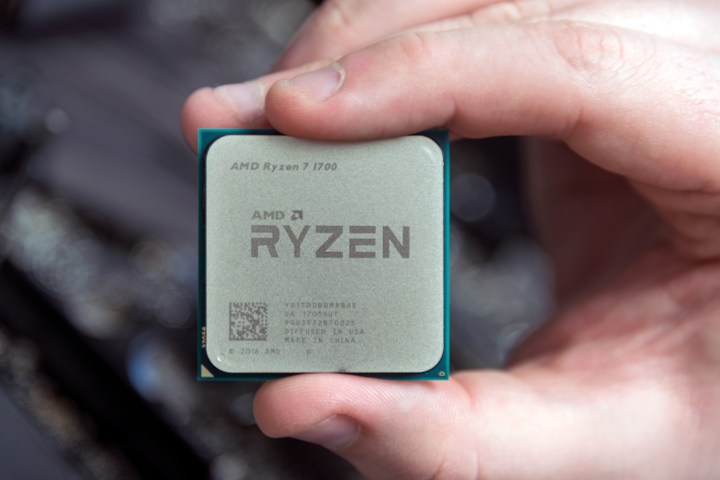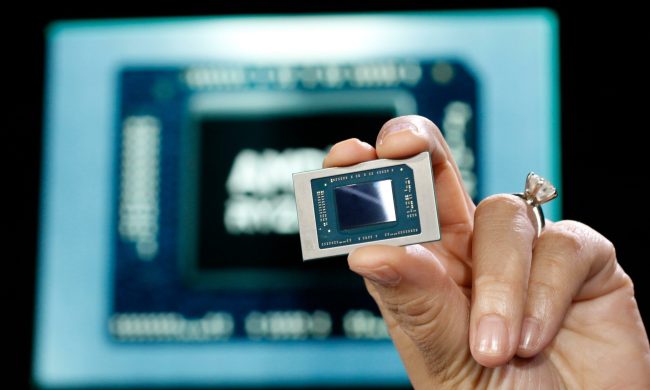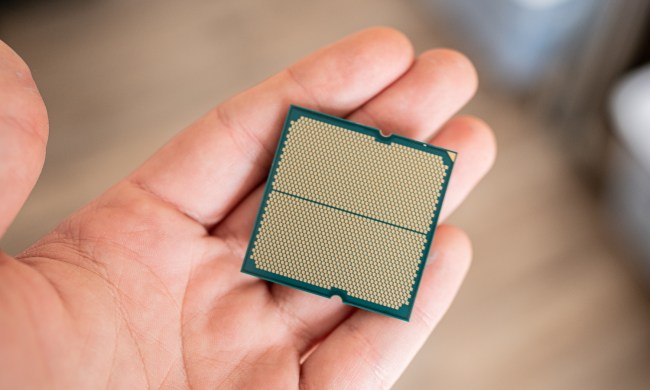
Naturally, Prior can’t really comment on unannounced products. But he did reiterate a comment publicly announced by AMD that it will support the AM4 motherboard socket through 2020. He also talked about the “Zen” processor development, which started four years ago and eventually required two teams.
“If you look back to when we first started talking about the Zen core, before we even unveiled the Ryzen name, we were saying that when we were creating the Zen architecture, the core team came together some four years ago, they started building the design, they started creating this awesomeness,” he said “And after they got the fundamentals worked out, they peeled off part of it, started them working on the next-generation micro-architecture.”
In other words, once Zen development reached a specific point, one team continued to work on the design that now resides in the Ryzen and Ryzen Threadripper processors while another began working on what will essentially be Ryzen refresh. And now that the Ryzen and Threadripper chips are on the market, the first team has moved on to Ryzen 2. All the while, AMD will continue in its tick-tock manufacturing schedule.
“Zen, a brand new architecture, came on Globalfoundries 14 nanometer process, a brand new process at the same time,” he added. “We’re going to do an optimization. We’ve got a new process from Globalfoundries — they already announced it — we started talking about that as well. We’re going to come in, but it won’t be the next-gen micro-architecture, but it will be an improvement of what we’ve got today. That’s what’s going to happen next, so we’re getting ready for that now.”
He added that the move from Ryzen to Ryzen refresh is why AMD plans to support the AM4 motherboard socket through 2020: Because both rely on the same infrastructure. Customers will be able to remove their Ryzen chip and simply drop in a Ryzen Refresh model along with a simple BIOS flash supporting the newer CPU.
Given Ryzen arrived in 2017, and Ryzen refresh will likely land in 2018 based on 7nm FinFET process technology, AMD’s release of Ryzen 2 could very well take place in 2019, falling within the AM4 socket umbrella. That is speculation, however, because Prior didn’t say when Ryzen Refresh would hit the market, nor did he confirm the Ryzen 2 product.
Of course, by the time Ryzen 2 arrives, you will want to upgrade the motherboard anyway given new technologies the processor and accompanying chipsets will bring. The whole motherboard-swap-out debate really only applies to the Ryzen refresh chips.



